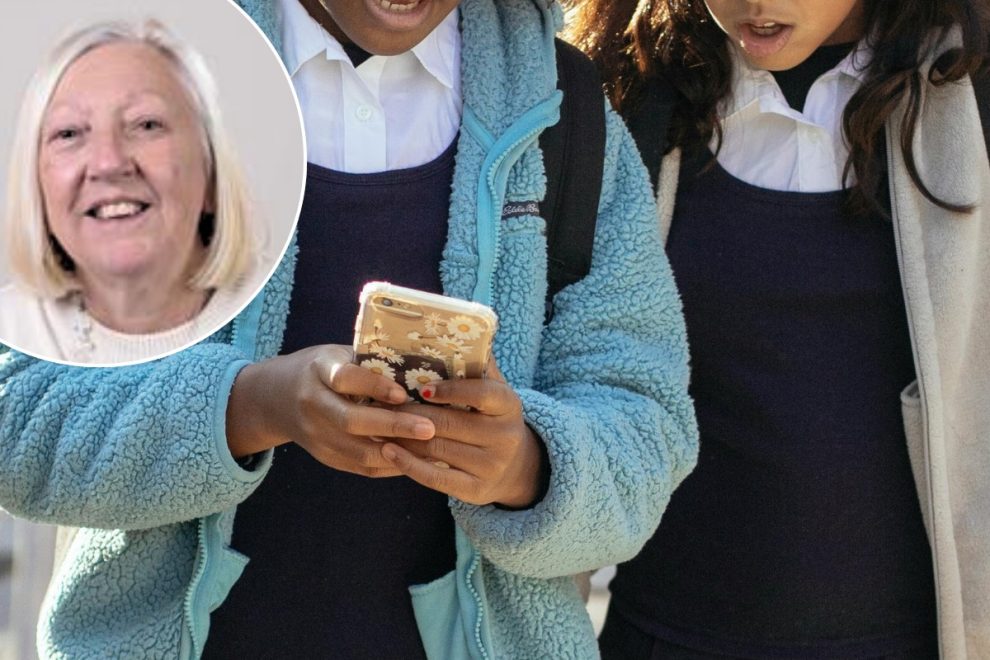TACKLING ‘problematic’ social media use and the influence of figures like Andrew Tate is the responsibility of schools, parents and school pupils according to Flintshire County Council’s education department.
A report to Flintshire’s Joint Education, Youth and Culture and Social and Health Care Overview and Scrutiny Committee highlighted improvements in training for teachers and other school employees to help them identify and manage online risk after a bi-annual survey revealed risky online behaviour by Flintshire students.
Claire Sinnott, Learning Advisor for Health, Wellbeing and Safeguarding, stressed that the responsibility for safeguarding pupils when they were online and preventing problematic use of social media did not stop with schools.
“Schools really are doing such a lot,” she said. “They now have the flexibility with the Curriculum for Wales to focus on particular issues of they are becoming a problem – for example cyberbullying.
“But ultimately the responsibility for online safety sits with everybody. I think there is a real need to continue to push and promote positive messages of engagement with parents and the individuals themselves because there are real risks online and we should be seeing the benefits of those technologies within a safe environment.”
The most recent School Health Research Network (SHRN) study into the social media activity of school pupils aged 11-16 in Flintshire revealed that almost 9% of students admitted to sending sexual images of themselves to another person.
It also uncovered a higher rate of cyberbullying in the authority compared to Welsh average, with 16.6% of pupils admitting to carrying out cyberbullying and 22.6% of students reporting being victims of online abuse.
That data was gathered in autumn 2023. The next study is due to take place in September this year where the impact of online safeguarding policies implemented by Flintshire County Council in the intervening time will be revealed.
In addition to dedicated online safety training for safeguarding leads in secondary schools across Flintshire and forums where best practise and new developments are shared, schools have been given materials to deliver six hours of specific social media and online safeguarding training to all staff by the authority.
They can deliver that training across the school year and staff will need to refresh their knowledge every three years.
The authority has also tightened up its DBS-check renewal cycle, reducing it from four years to three to ensure employees who have contact with children in schools are more regularly checked.
Cllr Gina Maddison praised the work that had already been done but asked how the education department was tackling the emerging challenge of negative influencers.
“What is the definition of ‘problematic’ social media use,” she said. “What interests me here is the following of so-called influencers. I’m thinking of the person known as Andrew Tate and the Netflix drama Adolescence which is about the influence of the influencer, particularly on vulnerable teenagers.
“What do we class as a problematic user of social media and would it be looking at these people known as influencers?”
“We have been using the Social Media Disorder Scale, which scores respondents on nine different elements,” said Mrs Sinnott.

“There has been a lot of work to raise awareness of influencers we’ve been sharing through our Health and Wellbeing and PSE forum with schools in order to support them with that particular aspect along with things like fake news and lots of the other risks that are posed through social media.”
Jeanette Rock, Flintshire’s senior manager for inclusion and progression added: “You’ve mentioned a particular person and we are very mindful of that perhaps misogynistic approach that may be promoted.
“Our youth services have put a programme in place and are working with schools to tackle that and support awareness raising across our secondary schools.”













